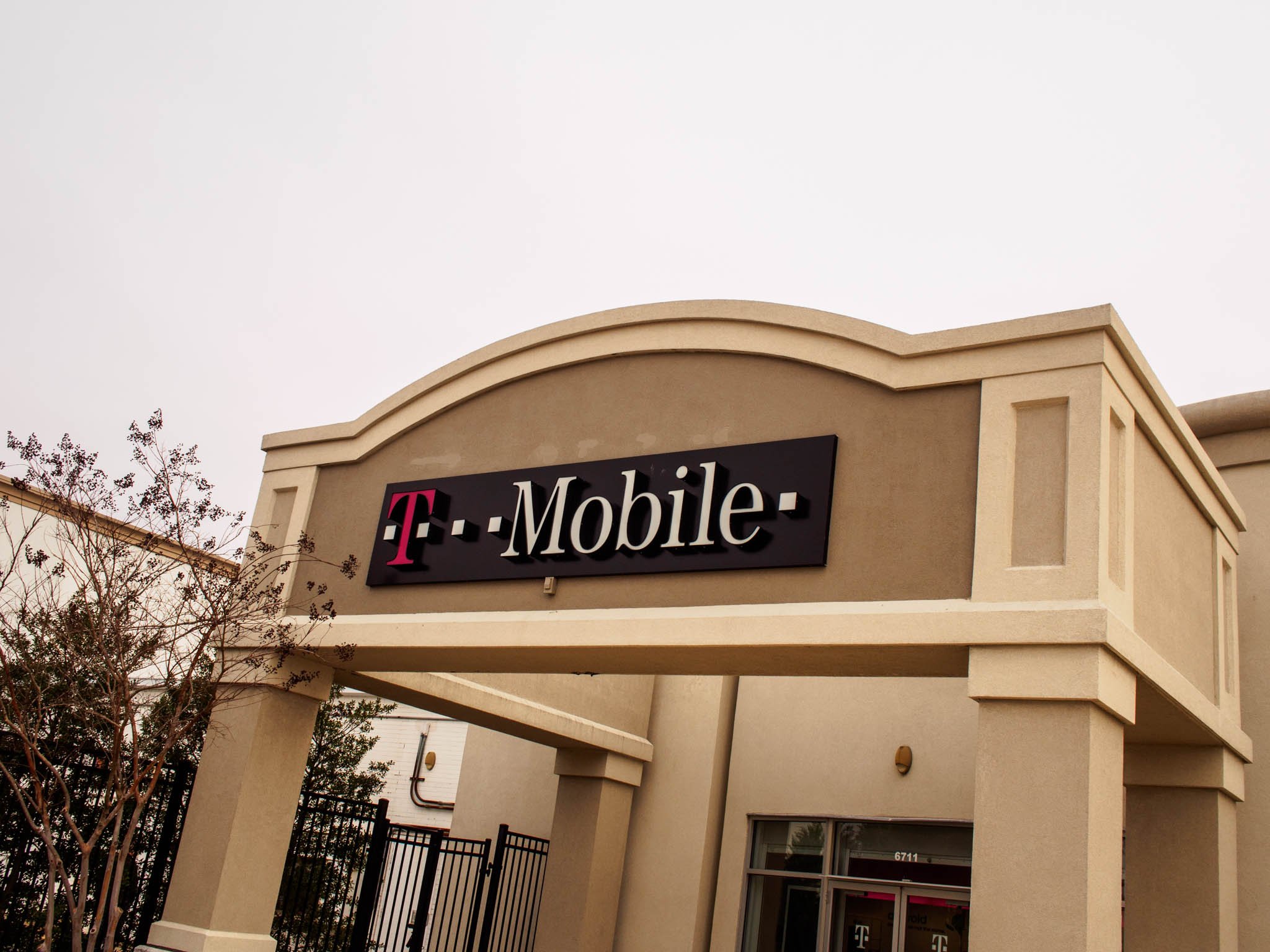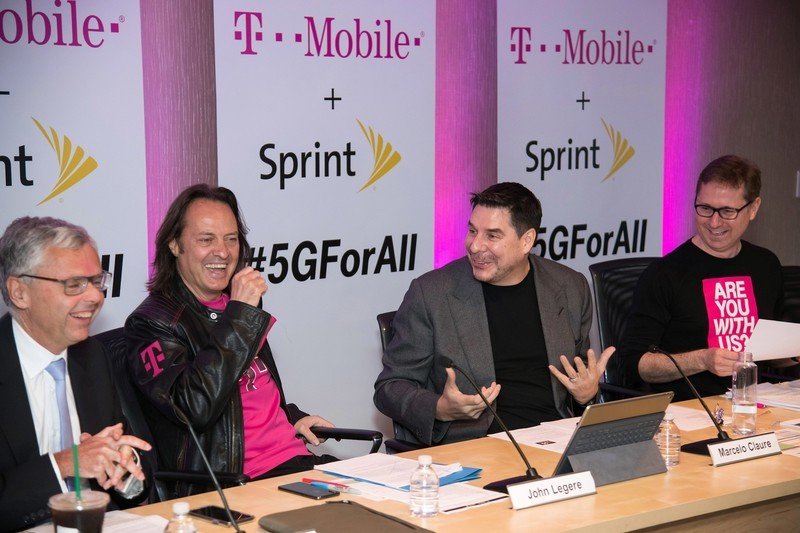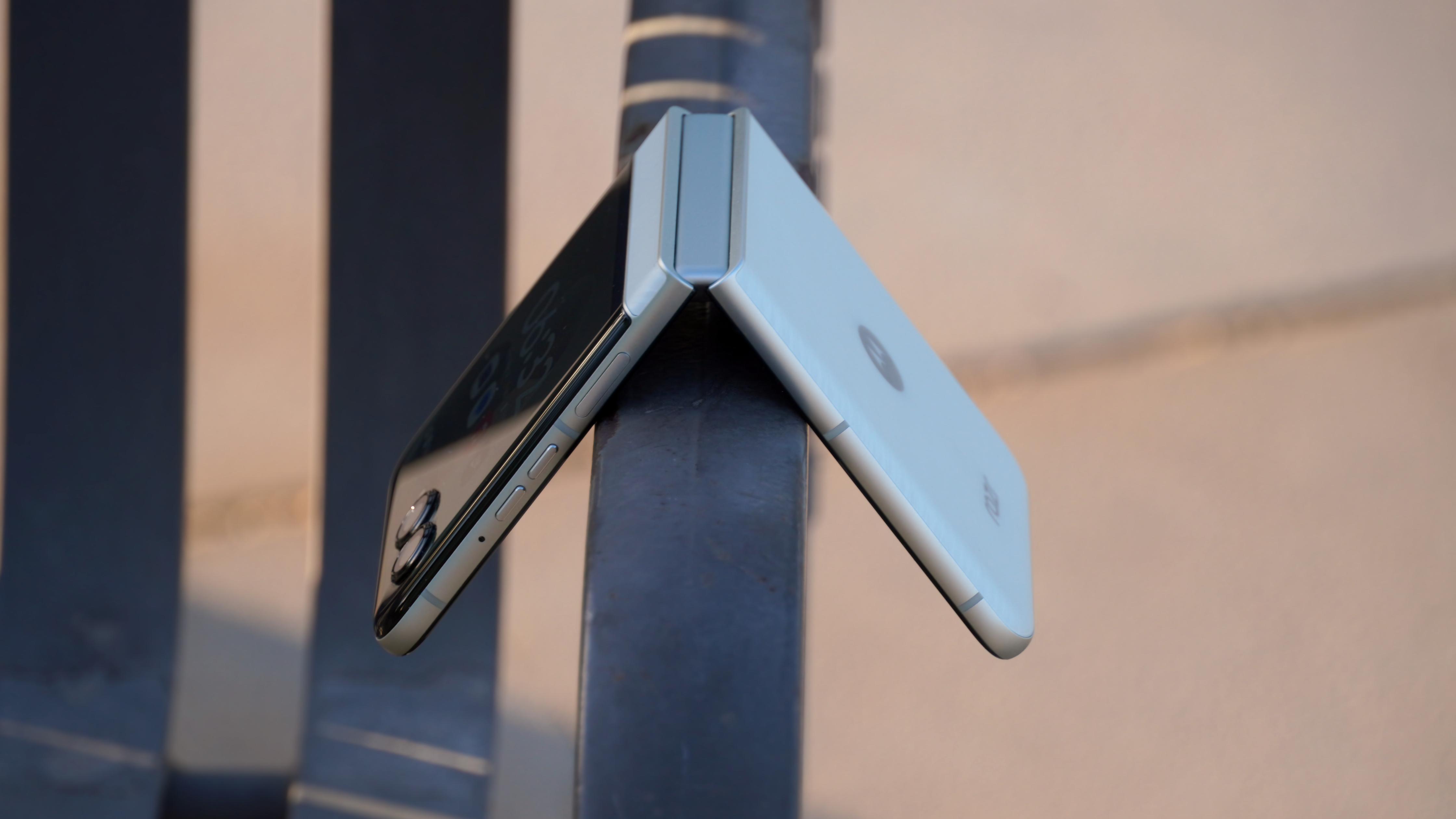The T-Mobile and Sprint merger is done and little good will come of it

T-Mobile and Sprint are now one, at least on paper. You might have seen the news about it, along with T-Mobile CEO John Legere stepping down to do ... something and former T-Mobile COO Mike Seivert will now lead the new company that looks and feels strangely like the two old companies — a thing that isn't going to change very soon.
Of course, the victor gets to write history and T-Mobile announced the news complete with big bolded words like SUPERCHARGED! smattered about and the company pinky swears that this will be so good for everyone, including current customers of the two networks, err, now one network or the network formerly known as something or another. You know the drill: everything is good and will always be good right up until it is no longer good.
Dish Network will never have a network that competes with the likes of Verizon or AT&T. But now T-Mobile will.
I'm going to take a second and squash the biggest lie of this whole thing right now and say Dish Network isn't going to fill in the void where Sprint used to sit, and the U.S. now has three big telecom giants and a second-tier group led by US Cellular. Dish only wants to sit on the spectrum it gained and hold on until it can make a metric crapload of cash without doing anything. It might not be able to do that this time, but it will try. Number four will totally suck and if Google hitches its wagon to it, Google deserves what is coming.
More: Dish and Google could create a new wireless carrier
With that out of the way, let's look at the STUPENDOUS! announcement and cut through the crap and see what lies beneath.
T-Mobile is trying to tell us that it will spend billions of dollars "merging" (really, this is an acquisition) with Sprint and then building out a mostly new 5G nationwide network and because the company is so altruistic that prices will remain where they are right now. As proof of this, it keeps pointing to the company's former "merger" with MetroPCS. The two deals couldn't be more different from each other.

Metro was a very small and mostly prepaid carrier. There is nothing wrong with that and many Metro customers were very satisfied with the service even before T-Mobile came along. Sprint, on the other hand, is a giant telecommunication network that serves millions, yet has a network that is incomplete and in utter disarray in most places. It takes money to maintain and enlarge a network, and even with SoftBank at the helm money is something Sprint just hasn't had in a while. It's a vicious circle that could be an economics lesson — if you let things get bad enough, you'll never be able to secure the funding to turn them around.
Get the latest news from Android Central, your trusted companion in the world of Android
T-Mobile Sprint merger FAQ 2020: Here's how it changes the wireless market and how it affects you
The only thing T-Mobile wants from Sprint is wireless spectrum. The customers that come along with the merger are handy and will help pay some bills, but T-Mobile could have gained that many new customers on its own in a few short years. All this is because Sprint does have some very valuable spectrum holdings that T-Mobile needs so its 5G network isn't full of holes like its initial 4G/HSPA+/LTE network was. It wants this so badly it was willing to do anything to get it, including blow smoke up all of our you-know-whats.
Rather than comparing this to the T-Mobile buyout of MetroPCS (now Metro by T-Mobile), we should be comparing it to the Sprint buyout of Nextel. And expect it to be an equally colossal disaster. Find someone who was a happy Nextel customer and ask them, there's no need to believe me. Ten years from now, we can find someone who was a happy Sprint customer and compare notes.

Here's how things will really go down. If you like your current T-Mobile or Sprint plan, you can keep it. Then one day when you try to activate a new phone, you'll need a New T-Mobile -compatible model and it will require a plan change. You'll get to keep things like free pizza on Tuesdays or 480p Netflix that doesn't count against a data cap, but that cheap unlimited plan that stayed unlimited even when you used an ungodly amount of data isn't going to be on the table.
Sorry Sprint customers, but the free pizza on Tuesday isn't all it is cracked up to be.
This scenario will come much sooner for Sprint customers. As T-Mobile starts to unravel Sprint's network and repurpose the spectrum, older phones will stop working and T-Mobile will lure you back on a contract plan with cheap payments and all the free candy it offers. For a while, things might say Sprint on the signs and commercials, but Sprint is already dead. T-Mobile is counting on the competition to be so overpriced that it can keep you even though you're getting less and paying more than you were before you walked in. This is how Sprint customers will be folded into the new family.
T-Mobile's current customer base will have it a little easier, simply because the company can't afford them to flock to AT&T or Verizon. But our day of reckoning will come, and I know it will because T-Mobile has done it before. I held on to my old T-Mobile plan as long as I could, but when the day came that I needed a new SIM card you can guess what happened. Goodbye old "Android data plan" and hello new T-Mobile unlimited plan that costs double.
Right now things sound rosy and we're being told that nothing will be changing any time soon, and that part, at least, is true. It takes a while for one company to completely gut another and feast on its fleshy network spectrum. Just don't expect any sort of SUPERCHARGED! experience when your day comes.

Jerry is an amateur woodworker and struggling shade tree mechanic. There's nothing he can't take apart, but many things he can't reassemble. You'll find him writing and speaking his loud opinion on Android Central and occasionally on Threads.
